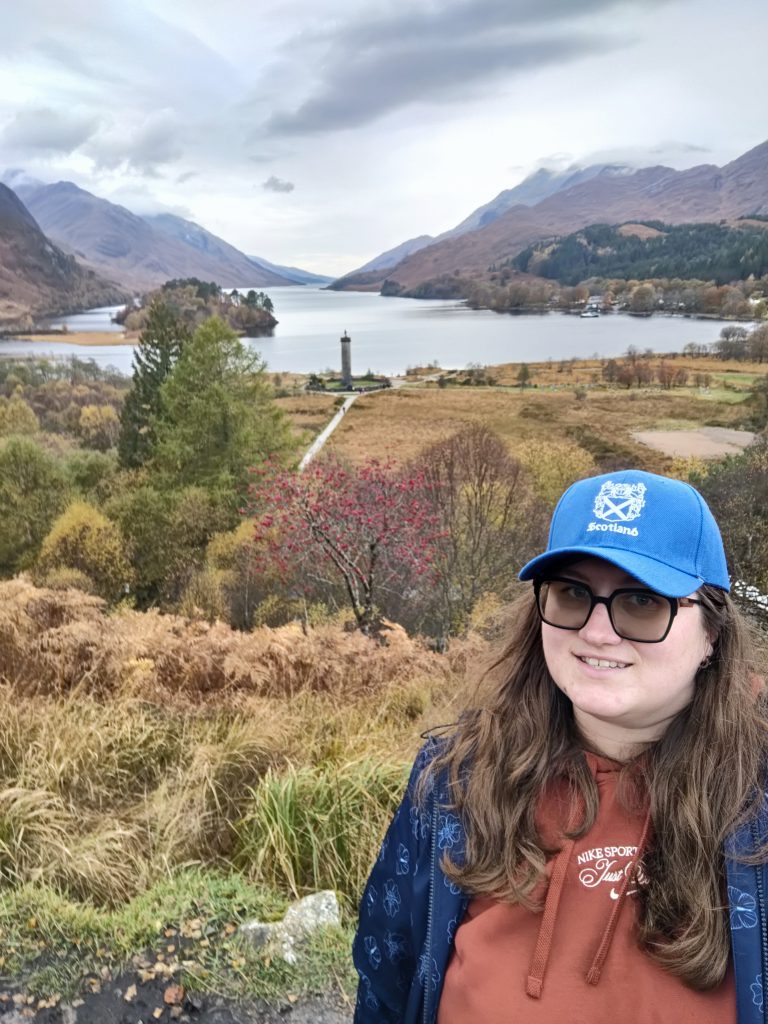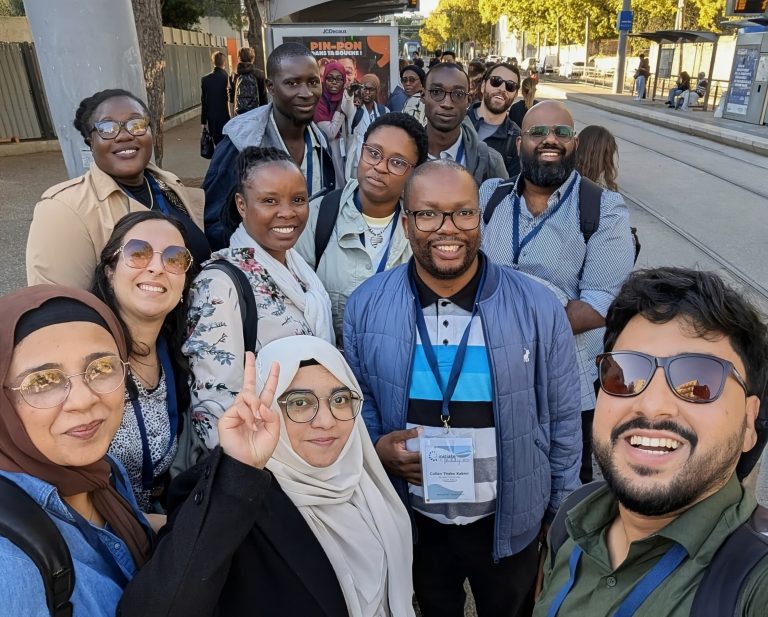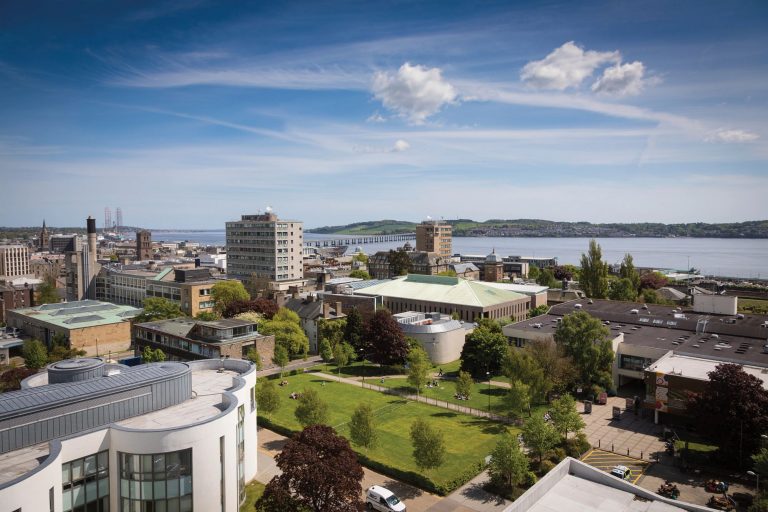Post by Karolina Wierzbicka
From 13 October to 15 November 2024, Karolina Wierzbicka, a fourth-year doctoral student at the Doctoral School in Social Sciences at the University of Łódź (Poland) and a practicing Polish barrister, completed a month-long research internship as part of a STER grant organised by the National Academic Exchange Agency (Poland).
The stay at the UNESCO Centre for Water Law was based on the following activities:
-conducting library searches in the university library and using resources available in oline form (independent work);
– attending guest lectures by invited practitioners (including academics) from other universities and NGOs at the University of Dundee (3 meetings: 23rd October and 2x 6th November);
– observing teaching of students on environmental law by Prof. Sarah Hendry and Prof. Andrea Ross;
– conducting three individual meetings (consultations) with Prof. Sarah Hendry (17th October) and Prof. John Rowan (15th October and 14th November);
– Three meetings with environmental law practitioners (hydropower-28th October; wind power-4th November, strategic littoral- 11th November)
– participation in three meetings of the doctoral community associated with the UNESCO Centre for Water Law (an interdisciplinary group of young researchers);
– participation in an online seminar of the Environmental Rights Centre for Human Rights (NGO) on 31st October.
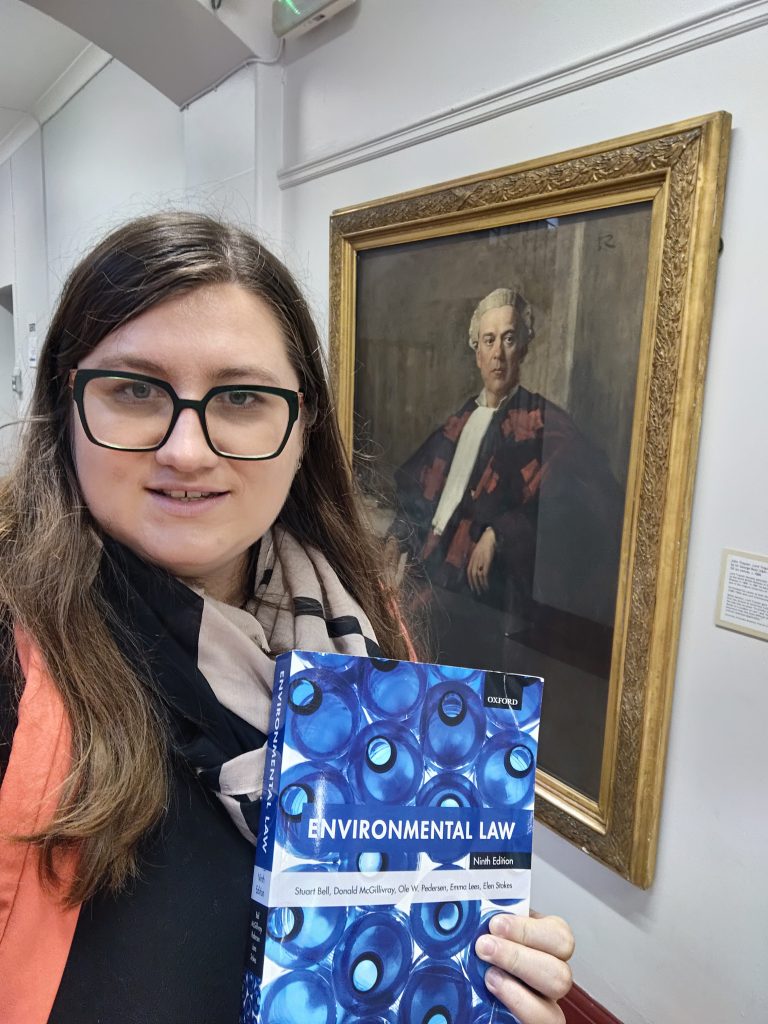
The research internship was delivered as intended. The internship itself exceeded expectations. The book resources on environmental law and water law held in the library of the University of Dundee enabled the collection of sources from the perspective of the development of the ‘polluter pays’ principle in the late 20th and early 21st century and recent literature (mainly in online form). The literature collected also relates to the development of international water law and legal and financial instruments, i.e. fees, administrative fines. There was no need to use external libraries.
The research supervisors kept the students informed about interesting scientific meetings at the University. During one month, four scientific seminars combined with discussions with UNESCO Centre members were attended. The scientific supervisors and the administration of the University provided real support in expanding contacts with other doctoral students, practitioners of environmental law and hydrology.
Connections were made with PhD students with similar research interests. Participating as a freelancer in classes with students provided insight into current challenges in environmental law in the UK (particularly after Brexit in 2021). Additional advantages were perceived didactic methods different from those in Poland (based on my own experience and observations), i.e. increased group work, emphasis on individual work through preparation from indicated scientific materials, activating the exercise group through individual statements on selected issues.
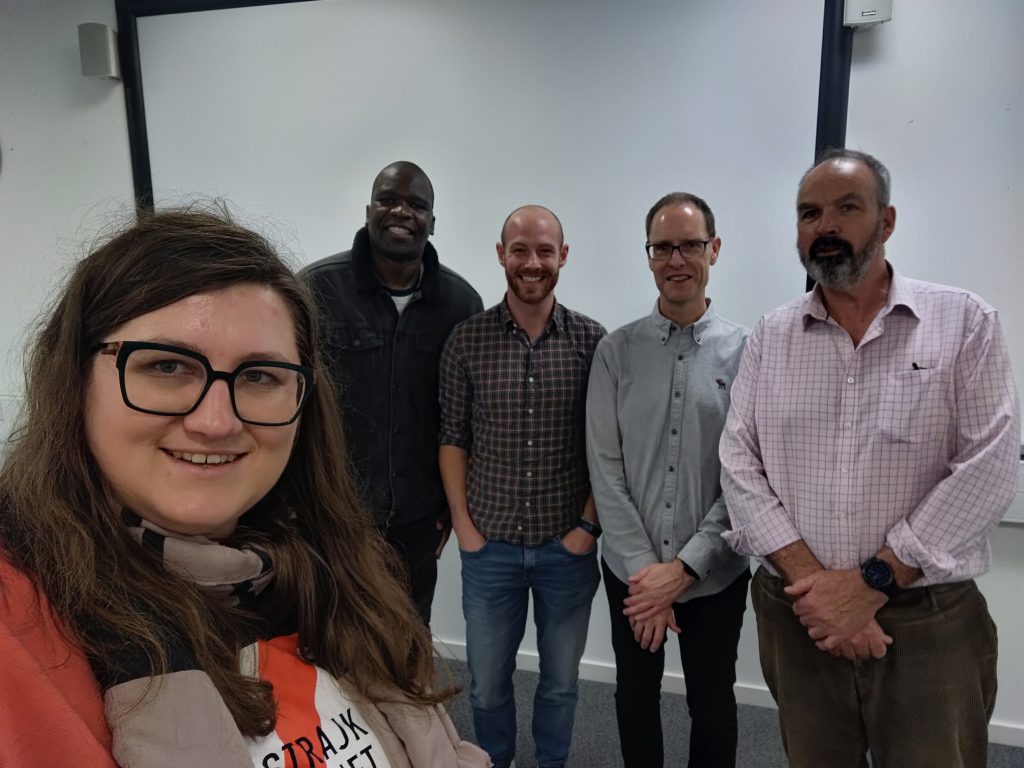
During the internship, material was obtained for the dissertation, which will be a significant expansion of the comparative law strand. These materials can also be used later for the preparation of scientific articles. The biggest advantage was the observation of renowned scholars both nationally and internationally: Prof John Rowan, Prof Sarah Hendry, Prof Andrea Ross, Dr Andrew Black, Andrew Allan; Prof David Hannah. These individuals are also prominent experts advising the Scottish Parliament or NGOs. They also have extensive international contacts. This has also translated into personal contact with practitioners working in the public and private sectors.
Some of the above-mentioned scientists had previously had the opportunity to work with Prof. Maciej Zalewski – European Regional Centre for Ecohydrology (ERCE) of the Polish Academy of Sciences in Łódź. Their presence at the UNESCO Centre internship in Scotland is part of strengthening cooperation with its Polish counterpart (ERCE) and the University of Lodz. Head of the UNESCO Centre, Professor John Rowan expresses his readiness for potential future cooperation with Polish entities. With the possibility of obtaining funds, e.g. grants and other forms, there is a chance to realise bilateral projects (summer schools, exchange of doctoral students, visits of visiting professors).
Staying in the UK allowed easier and cheaper access to purchase books, three books on environmental law, socio-economic instruments and environmental economics (published by OXFORD). These books are hardly available on the EU market.
The contact with international literature and the lecture theatre broadened the knowledge of the conceptual grid of legal English related to environmental law and administrative law. This may translate into later teaching in English to foreign students.
